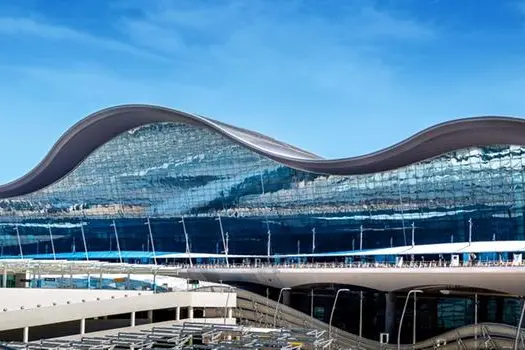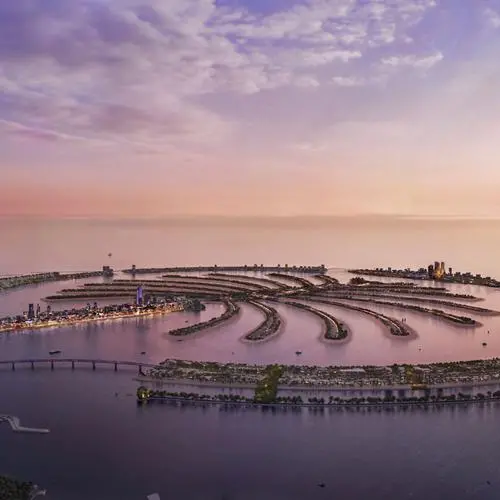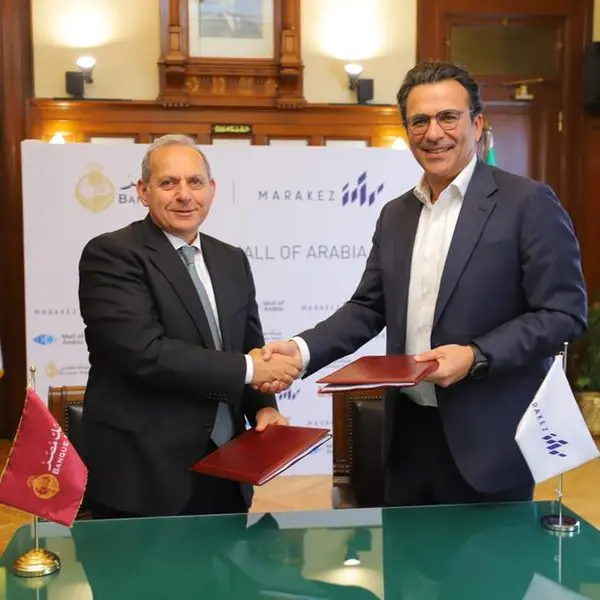PHOTO
Abu Dhabi International Airport’s Terminal A, set to open on 1 November, will have an annual capacity of up to 45 million passengers, process 11,000 travellers per hour and accommodate 79 aircraft at any given time.
The terminal’s increased capacity is a key driver of tourism growth that will advance the aviation sector and deliver a significant step-change for economic and sustainable development in Abu Dhabi, an Abu Dhabi Media Office statement said, quoting Sheikh Khaled bin Mohamed bin Zayed Al Nahyan, Crown Prince of Abu Dhabi and Chairman of the Abu Dhabi Executive Council.
In September, more than 8,000 volunteers took part in Abu Dhabi Airport’s largest trial exercise to assess the speed and accuracy of its passenger facilities.
All systems were tested, including check-in, baggage claim, security screening, boarding gates, immigration and customs inspections, as well as passport procedures, to ensure readiness for the terminal’s operational launch.
Terminal A facts
• The X-shaped terminal, with a built-up area of 742,000 sqm, is triple the size of the previous terminal. When fully operational, it will host 35,000 sqm of retail space with 163 shops and food and beverage outlets.
• There will be a 138-key hotel plus a modern open-air lounge.
• Terminal A will have an advanced baggage handling system capable of processing up to 19,200 bags per hour.
• It will be the first in the world to include all nine biometric airport touchpoints. Once fully operational, the terminal will use facial recognition technology to screen passengers and minimise wait times.
• A fully integrated solar photovoltaic system on Terminal A car park roof currently powers a 3-megawatt (MW) solar photovoltaic (PV) plant, saving nearly 5,300 tonnes of CO₂ annually.
• An Advanced Surface Movement Control System, the first of its kind in the Middle East, will allow planes to land quickly and safely during low-visibility weather conditions.
• Terminal A was known as Midfield Terminal Building during the construction phase.
(Writing by P Deol; Editing by Anoop Menon)
(anoop.menon@lseg.com)
Subscribe to our Projects' PULSE newsletter that brings you trustworthy news, updates and insights on project activities, developments, and partnerships across sectors in the Middle East and Africa.





















